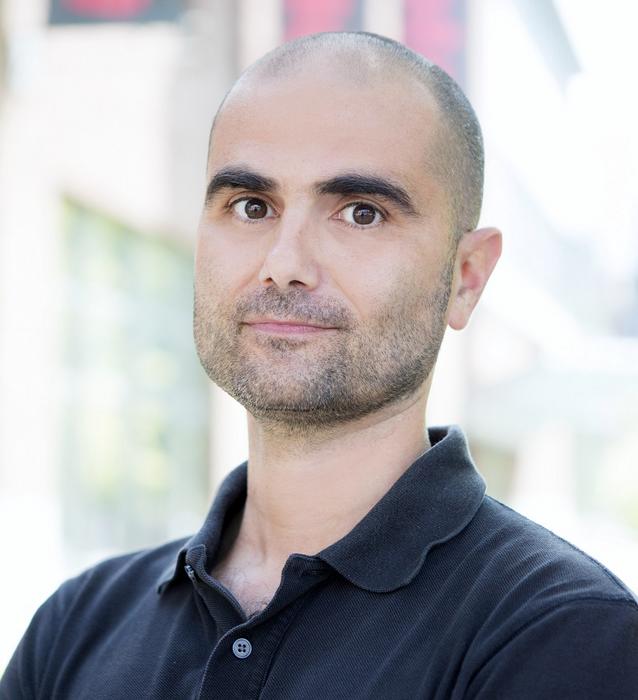April 22, 2024

Credit: Rotman School of Management
April 22, 2024
European Union Should Adopt a Research-Based Approach to Ensure the Quality and Safety of Substances of Human Origin
London/Toronto – Substances of human origin (SoHOs) such as blood, plasma, skin, corneas, and embryos play an increasing role in life-saving medical procedures. Governments around the world are reevaluating their healthcare policies to ensure of a supply of SoHOs for their population, while also considering the best-interests of both donors and patients.
A paper published today in British Medical Journal – Global Health examines the issues surrounding the regulation of SoHOs for governments as the Council of the European Union (EU) and the European Parliament recently agreed in December 2023 on a new “Regulation on standards of quality and safety for substances of human origin intended for human application.”
The paper, coauthored by Professor Nicola Lacetera of the University of Toronto, urges that it is imperative for the EU to adopt a balanced, empirically sound, and research-backed approach which promotes policies to safeguard the interests of donors and patients, while ensuring a safe supply of SoHOs.
“Recent studies and reviews of the evidence over the last 40 years have concluded that the statistically sound, field-based evidence from large, representative samples shows that properly devised rewards increase supply without compromising the quality and safety of blood and blood components,” says Prof. Lacetera. “ At least where plasma for fractionation is concerned, the unpaid-donor system has failed to meet demand. In Europe, countries allowing monetary compensation for donors are the only ones achieving self-sufficiency in plasma collection for the production of immunoglobulin.”
The paper conclude that the final objective of any new regulation should not merely be self-sufficiency in providing SoHOs for treatment but ensuring the availability of safe, sufficient, and accessible SoHOs for all in need. One of the more controversial aspects in the discussion has been the compensation of donors with the new EU regulation stating that the “donation of SoHO should be voluntary and unpaid.” Current scientific evidence shows that compensation increases supply without affecting the quality of the products. Without stronger individual incentives for donors and other strategies to reduce barriers to donate such as building additional collective centres, it is unlikely that the EU can achieve self-sufficiency.
The paper has implications for other jurisdictions who are currently reviewing their policies on the donation and use of substances of human origin, including Canada, where the debate as to whether allow compensation to plasma donors is longstanding.
Lacetera is a professor of strategic management at the University of Toronto Mississauga with a cross appointment to the Rotman School of Management. His co-authors of the paper are Prof. Julio Elias of Universidad del CEMA, Prof. Mario Macis of Johns Hopkins University, Prof. Axel Ockenfeis of the University of Cologne and Max Plank Institute for Research on Collective Goods and Prof. Alvin Roth of Stanford University.
The paper is online.
Bringing together high-impact faculty research and thought leadership on one searchable platform, the Rotman Insights Hub offers articles, podcasts, opinions, books and videos representing the latest in management thinking and providing insights into the key issues facing business and society. Visit www.rotman.utoronto.ca/insightshub.
The Rotman School of Management is part of the University of Toronto, a global centre of research and teaching excellence at the heart of Canada’s commercial capital. Rotman is a catalyst for transformative learning, insights and public engagement, bringing together diverse views and initiatives around a defining purpose: to create value for business and society. For more information, visit www.rotman.utoronto.ca
-30-
For more information:
Ken McGuffin
Manager, Media Relations
Rotman School of Management
University of Toronto
E-mail:[email protected]
Journal
BMJ Global Health
DOI
10.1136/bmjgh-2024-015122
Method of Research
Literature review
Subject of Research
Not applicable
Article Title
Quality and safety for substances of human origins: scientific evidence and the new EU regulations
Article Publication Date
22-Apr-2024





